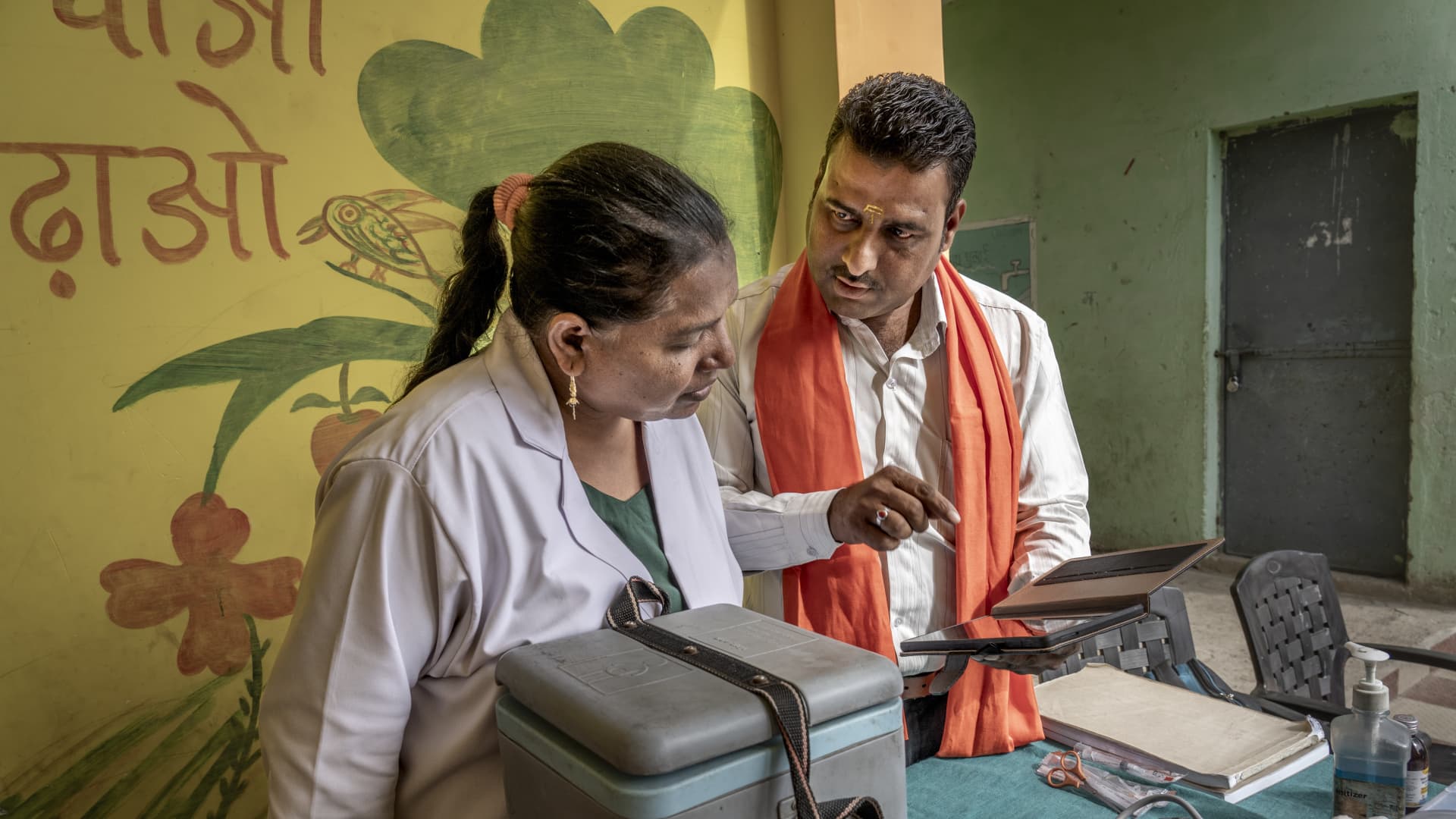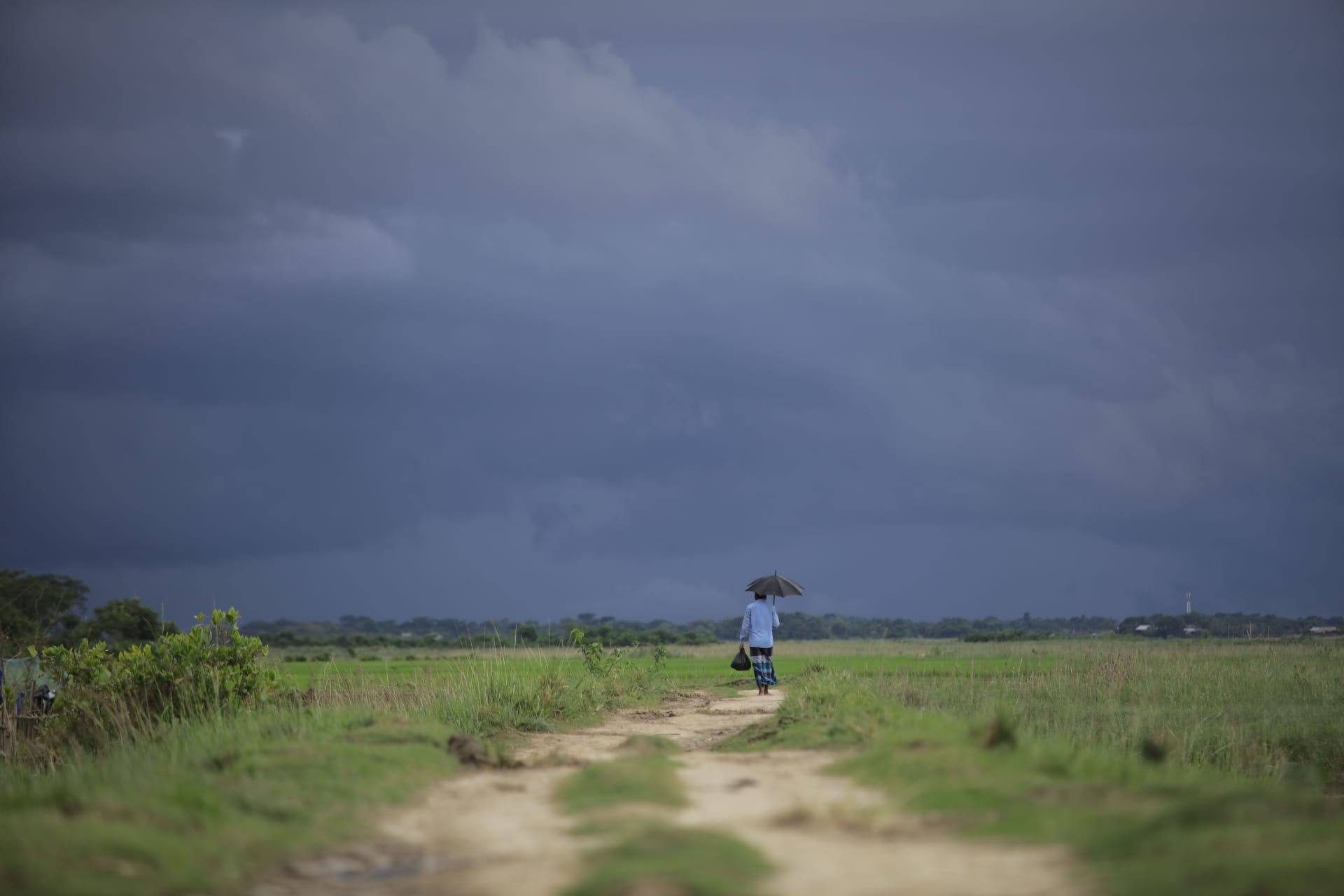Addressing the impact of climate change on child health | Takeda Stories
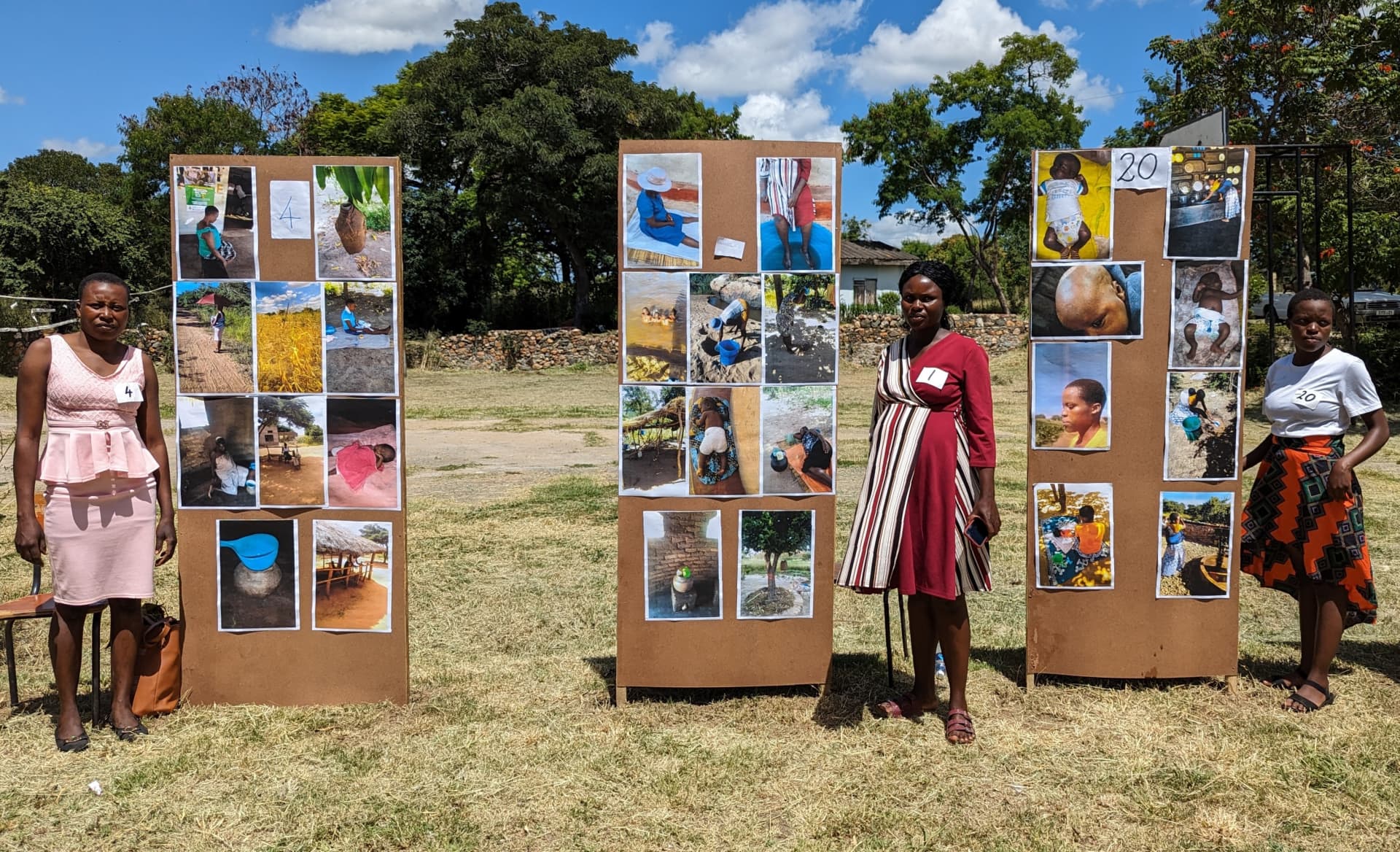
Addressing the impact of climate change on child health
“We can't work in this heat.”
That’s what Dr. Debra Jackson, professor of epidemiology at the London School of Hygiene & Tropical Medicine, heard from health workers in South Africa when she led an investigation into the impact of extreme heat on maternal health and health care delivery.
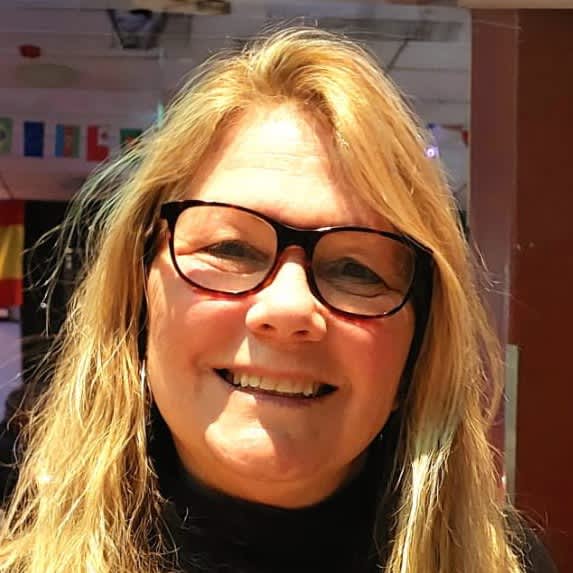
Dr. Debra Jackson, professor of epidemiology at the London School of Hygiene & Tropical Medicine
“If you don't take care of the health workers, they can’t take care of the patients,” she continues. “During our research we found that on hot days, health care workers spend less time in the treatment room and had less communication with the mothers.”
This discovery prompted Dr. Jackson and her colleagues to enlist the expertise of a structural engineer to improve working conditions for health workers and, ultimately, enhance patient care.
This collaboration is leading to improvements such as ensuring proper ventilation in health facilities and optimizing the positioning of cooling systems to maximize their effectiveness.
This story illustrates the importance of context-specific interventions in addressing real-world issues – a guiding principle behind the establishment of the Takeda Chair in Global Child Health at the London School of Hygiene & Tropical Medicine in 2019. The Takeda Chair aims to address some of the most pressing health challenges faced by children today, with a focus on innovative research and initiatives that have real-world impact.
In 2020, Dr. Jackson became the first person to hold the role of Takeda Chair. COVID-19 was her initial area of focus, but as global priorities shifted, her attention turned to the intersection of climate change and maternal and child health. Conducted in collaboration with global health leaders such as the World Health Organization and UNICEF, her work with HIGH (Heat Indicators for Global Health) Horizons research consortium aims to document how rising temperatures and climate change affect maternal and child health outcomes.
“The heat is something everyone feels,” she explains. “Through our work in South Africa, Zimbabwe and even Sweden, we’re seeing that pre-term births, stillbirths, low birth weight, hypertension, diarrhea and malnutrition in mothers and newborns are all increased by heat.”
Her work includes developing adaptation projects, such as early warning systems for heatwaves and community-based initiatives to improve resilience. She believes these efforts are crucial in mitigating the adverse effects of climate change on vulnerable populations, and they’re already making a tangible difference.
In Mount Darwin, Zimbabwe, for instance, the team collaborated with local women’s groups, using photography to document the impact of heat in their communities. The photos sparked discussions and raised awareness about the need for realistic and locally adapted solutions. Solutions the team is working with local stakeholders to implement include replacing gasoline generators with solar power systems and painting health care facilities white to reflect sunlight, reducing the amount of heat the buildings absorb and keeping the interior cooler.
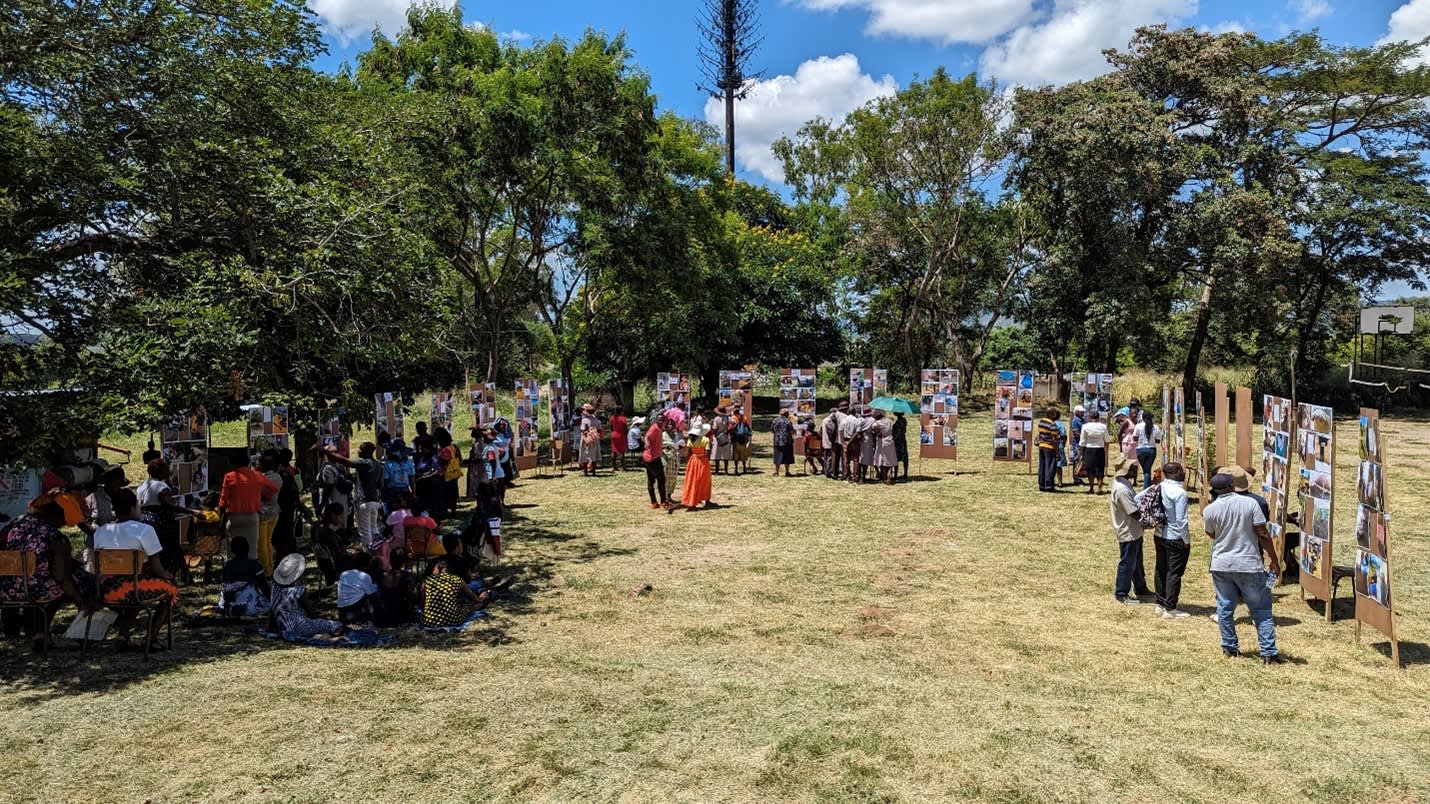
“It’s so important to understand the local context and work with local communities,” stresses Dr. Jackson. “Otherwise, you end up with solutions people can’t implement.”
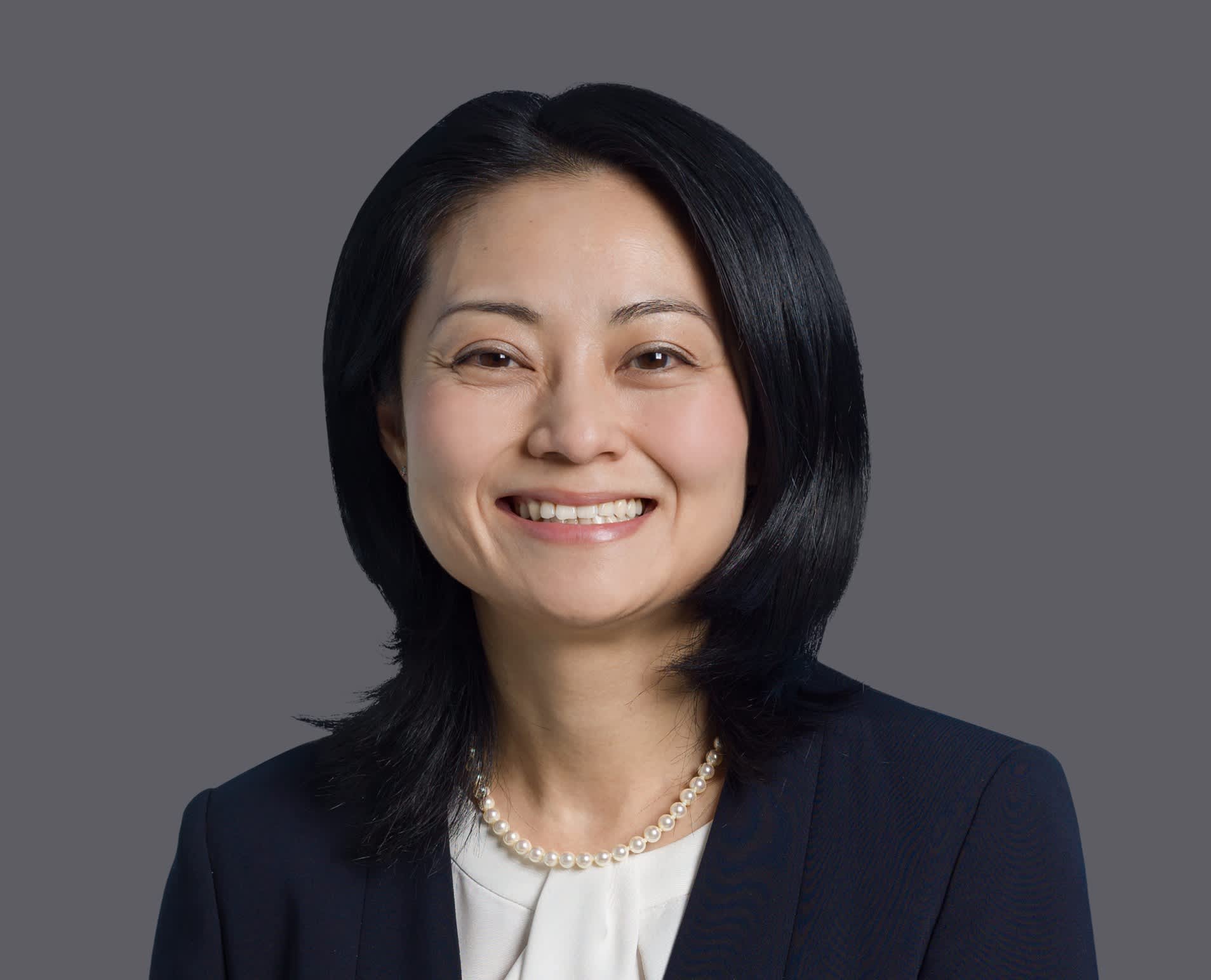
Takako Ohyabu, chief global corporate affairs and sustainability officer, Takeda
It’s an approach that resonates with Takako Ohyabu, Takeda’s chief global corporate affairs and sustainability officer.
“Our evolution and progress have been rooted in understanding and addressing the unique needs of the communities we serve for over 240 years,” she says. “The collaboration between Takeda and the London School of Hygiene & Tropical Medicine is a powerful example of what can be achieved when organizations come together with a shared vision of implementing realistic and impactful health interventions.”
In the coming months, Dr. Jackson aims to continue her work in creating sustainable and equitable solutions, such as interventions designed to alleviate heat impacts on health workers and reduce carbon emissions, to improve working conditions and enhance patient care. And by sharing these learnings globally, the team is equipping others to adapt and implement effective interventions to benefit populations vulnerable to the impacts of climate change, such as pregnant women, children and health workers.
Reflecting on her career, Dr. Jackson shares the philosophy that has guided her from neonatal intensive care units in Florida and San Diego to remote villages in Micronesia and bustling townships in South Africa:
“Make sure you always use your research for change.”
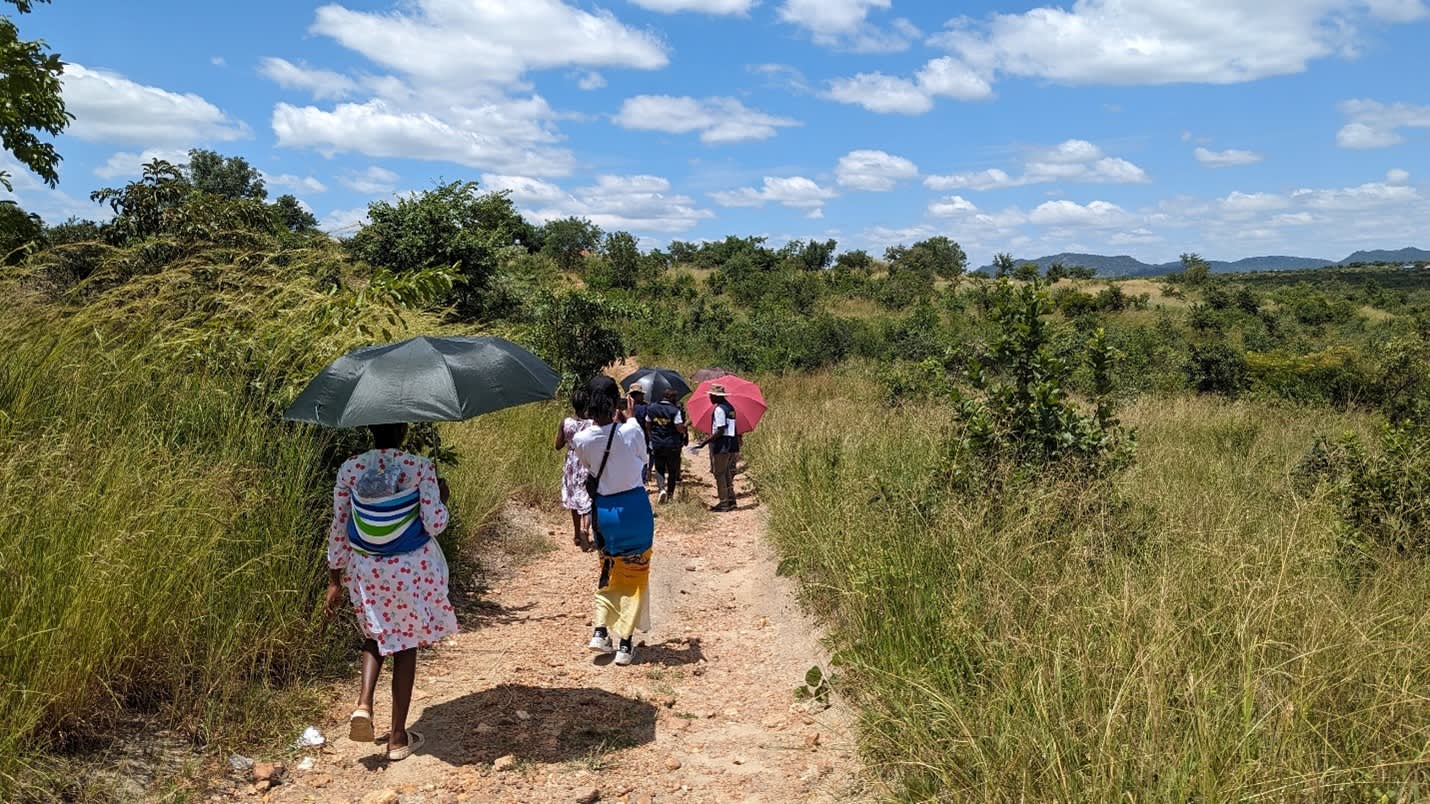
Share this story

